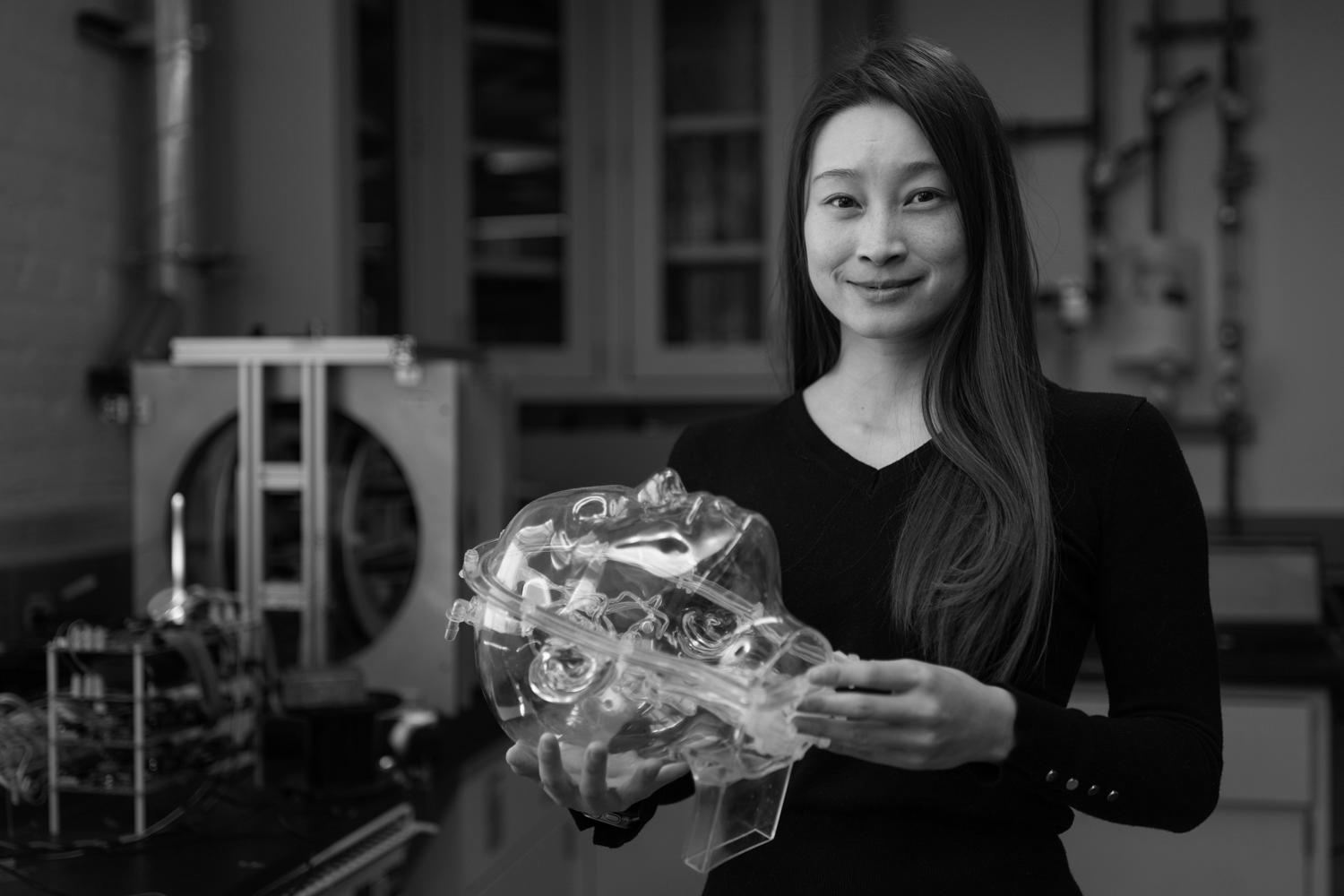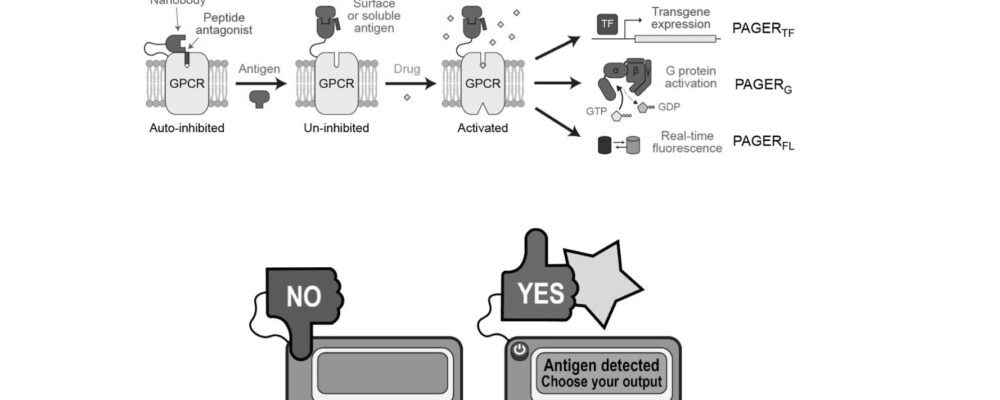In the “Research Matters” series, we visit labs across campus to hear directly from Stanford scientists about what they’re working on, how it could advance human health and well-being, and why universities are critical players in the nation’s innovation ecosystem. The following are the researchers’ own words, edited and condensed for clarity.
In my lab, curiosity drives discovery. We’re using fundamental mechanics principles to drive the development of novel devices for treating medical conditions such as kidney stones and stroke. We’re also developing soft robotics that can be applied to surgical robots.
Our work isn’t always driven by a specific goal or a target; it begins with exploring intriguing concepts and ideas. Along the way, we uncover how these ideas can address unmet clinical needs. Our aim is to create innovative approaches to treat diseases based on technologies that don’t yet exist.
For example, we developed an origami robot initially designed as a swimmer, propelled by its spinning motion for propulsion, an idea rooted in basic physics and mechanics. So that’s physics and mechanics driving the design. Later, we thought, maybe we could miniaturize the design to navigate much smaller and confined spaces, such as blood vessels. That insight led us to develop a tiny, one millimeter device that can travel through the vascular systems to treat conditions like blood clots and brain aneurysms.
That same mechanism, when scaled up, could be harnessed to propel much larger systems, like underwater vehicles. So in our work, we’re not just solving one specific problem. We’re exploring mechanics and physics concepts with the potential to push boundaries across multiple fields. Mechanics is a tool that can be applied to every single field.
The truly impactful technologies are always based on the condition that you can freely explore.”
What is unique about academia is that you are given both the resources and the freedom to explore. That freedom is what drives innovation and creativity. The truly impactful technologies are always based on the environment, on the condition that you can freely explore.
Students in my lab are very open to exploring different things, and as long as we can see the fundamental insights in an idea, we will explore it, regardless of the immediate application. Fundamental research is where the true innovation begins, not just incremental improvements.
For more information
Zhao is an assistant professor of mechanical engineering and, by courtesy, of materials science and engineering.
“Stanford University, officially Leland Stanford Junior University, is a private research university in Stanford, California. The campus occupies 8,180 acres, among the largest in the United States, and enrols over 17,000 students.”
Please visit the firm link to site






